The State of Neuroscience
Explore the report
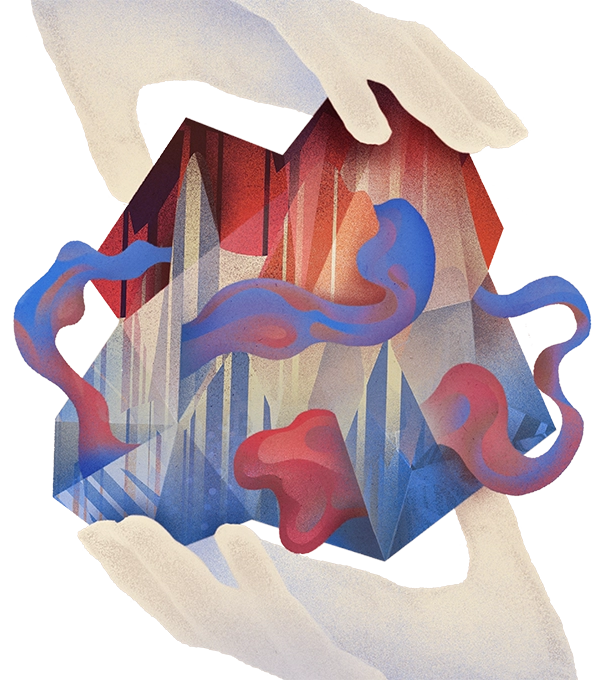
R
At the same time, policy changes and funding cuts in the United States threaten to upend a wide range of research and training programs. Given that uncertainty, at a time when the field seems poised to deliver big on decades of discovery, The Transmitter wanted to take stock: How is basic neuroscience changing, and where do its practitioners think it is headed?
In the stories that follow, we present a portrait of the field through four lenses: its focus, its output, its people and its funding. In each view, featured analyses surface major trends; surveys reveal what neuroscientists think about a variety of challenges; and directories detail rising stars, new labs, funding sources and more. Scroll down to dig in—or start with our overview.
Focus
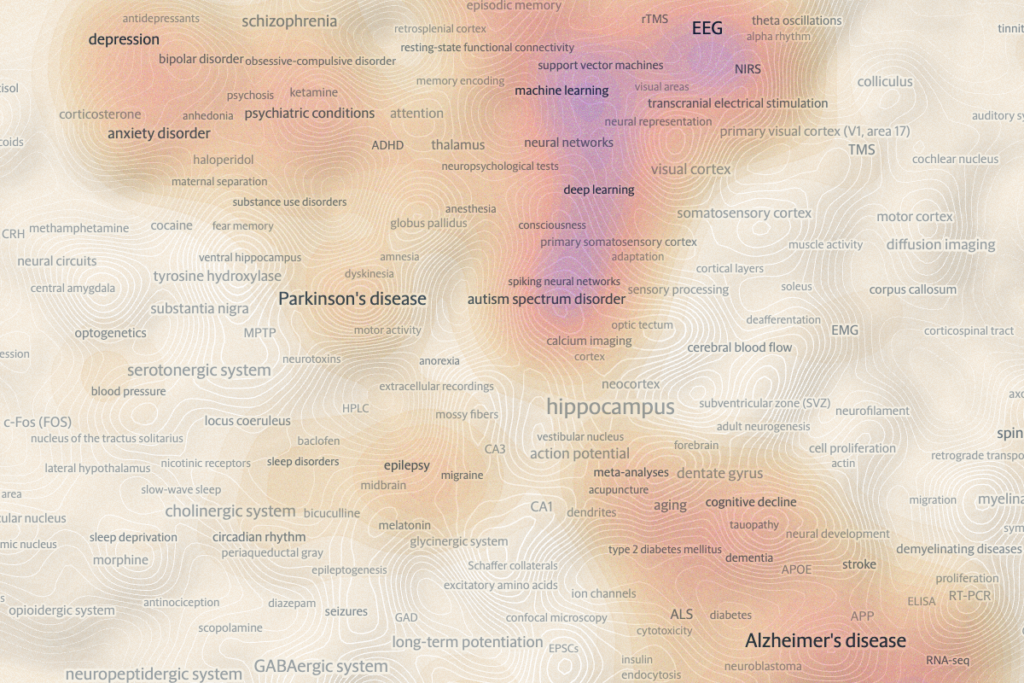
Putting 50 years of neuroscience on the map
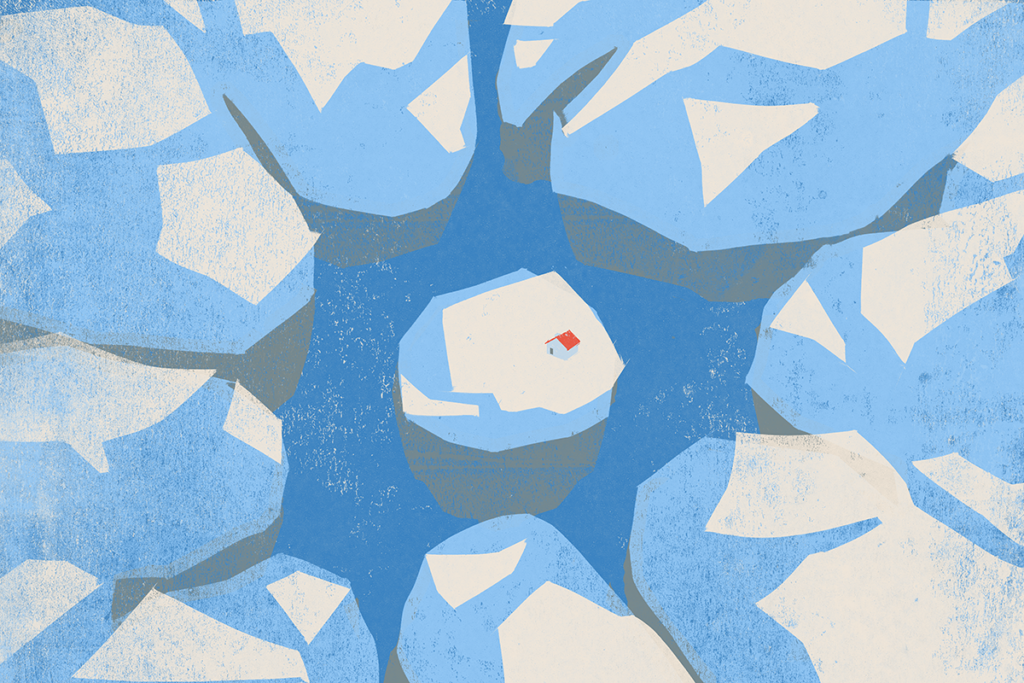
Is neuroscience a coherent field? Or is it becoming more fragmented?

What are the fastest-growing areas in neuroscience?
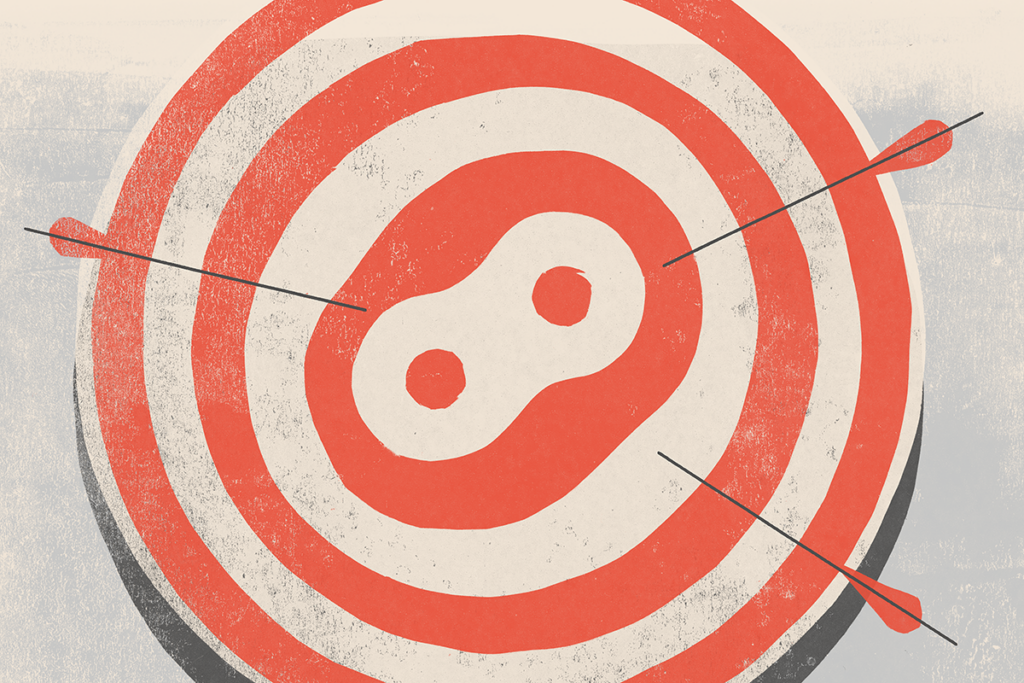
What should the field prioritize over the next 10 years?
In case you missed it: Essay series
[The field of neuroscience is] intellectually fragmented in a way, but it’s not necessarily a bad thing. We know so little that we need to have crazy, out-there ideas.
Output
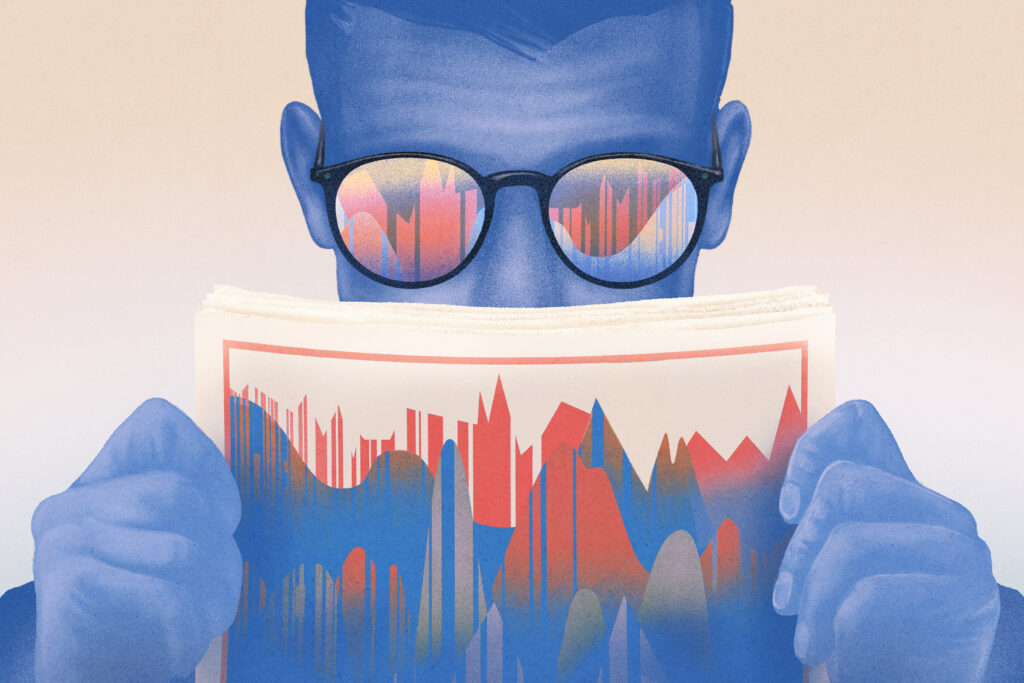
The buzziest neuroscience papers of 2023, 2024

What are the most-cited neuroscience papers from the past 30 years?

How will the field’s relationship to industry change over the next decade? Will a larger neurotechnology sector emerge?
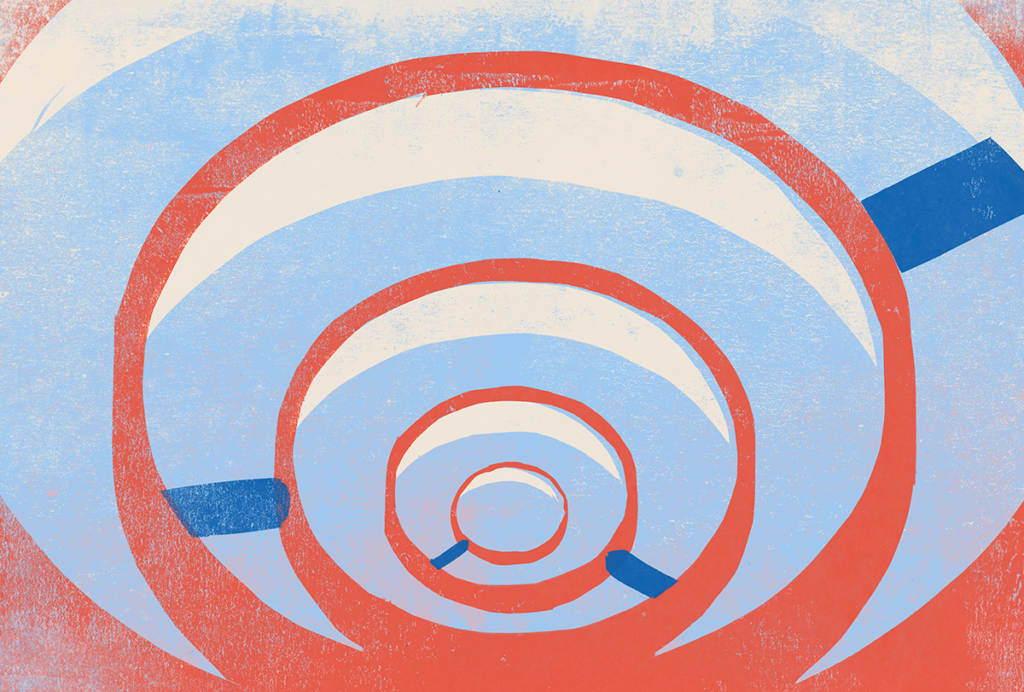
What are the most transformative neuroscience tools and technologies developed in the past five years?
In case you missed it
I think there’s been a trend towards building more quantitatively powerful models of the brain.
People

The Transmitter ’s Rising Stars of Neuroscience 2025
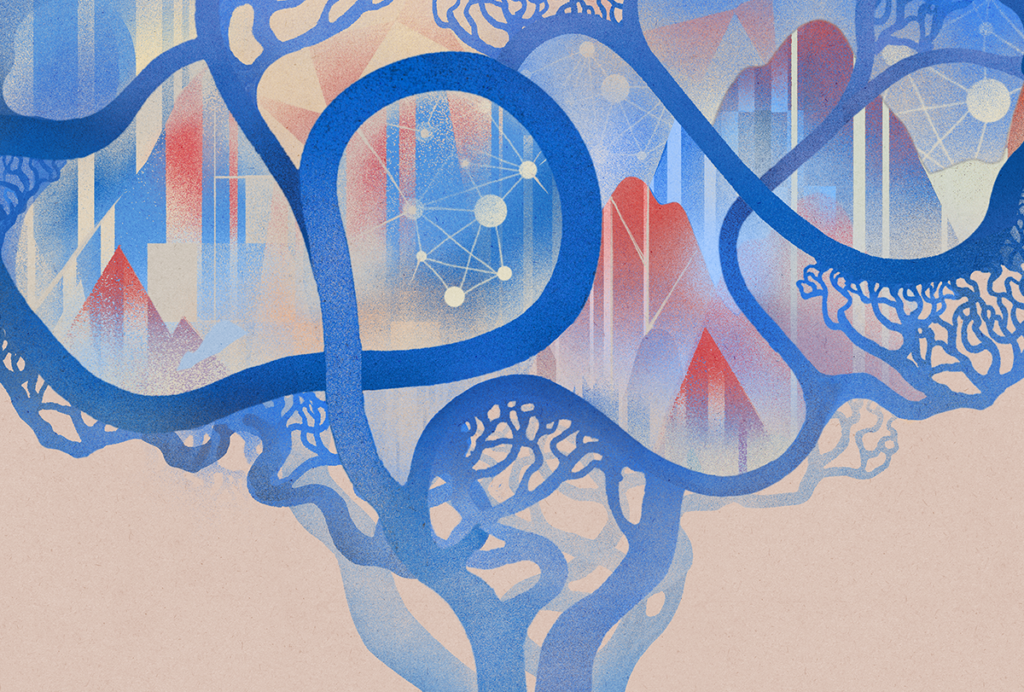
Tracing neuroscience’s family tree to track its growth
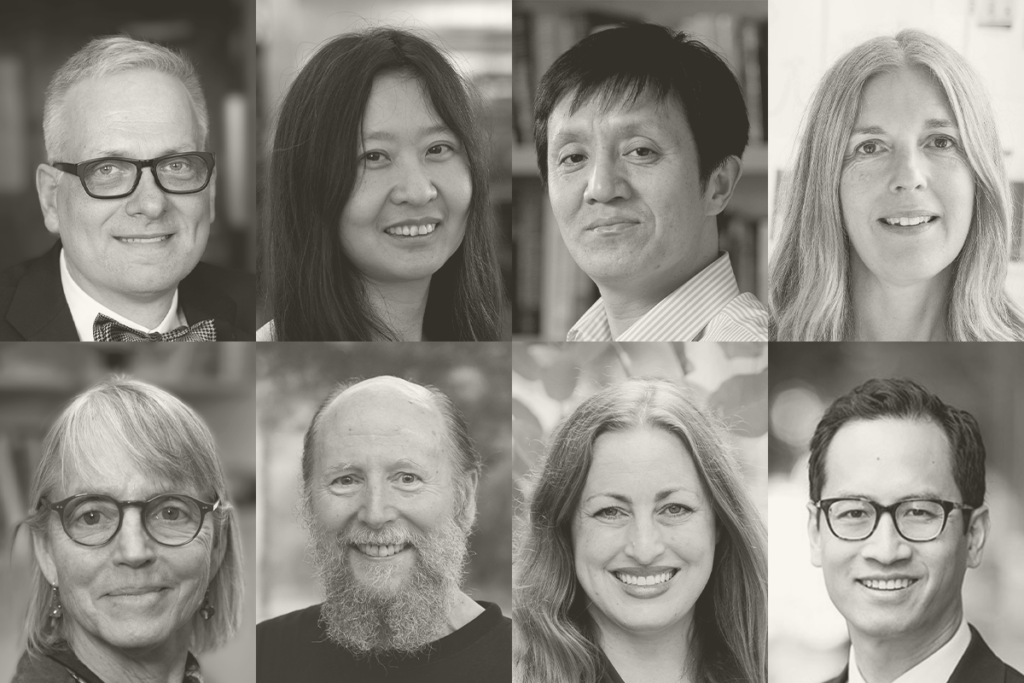
Top neuroscience prize winners in 2025

The leaders we have lost
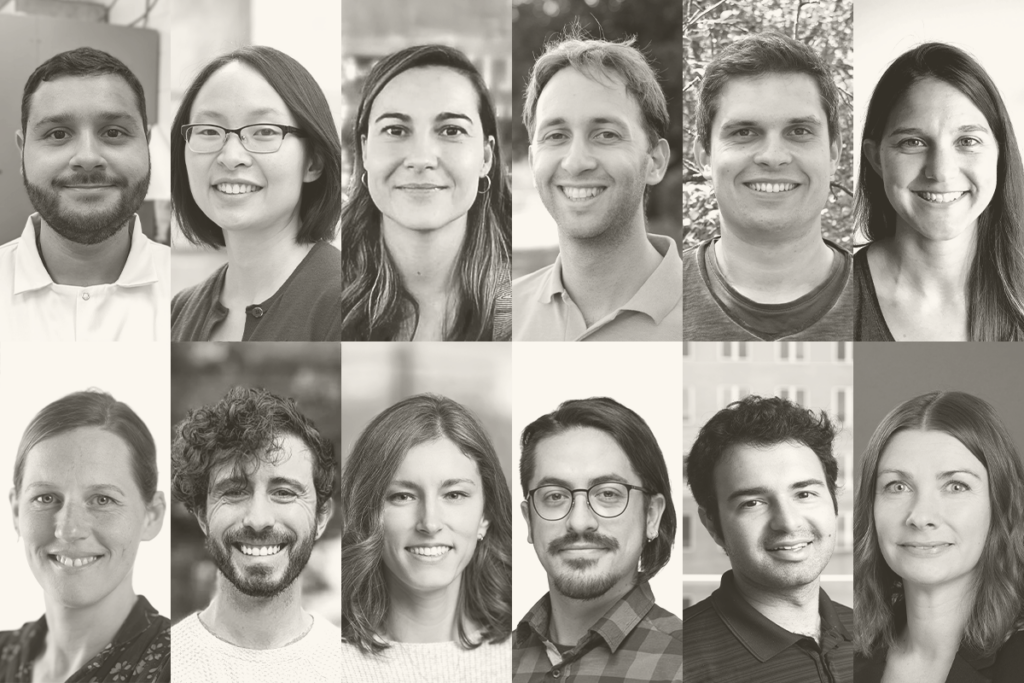
The Transmitter’s New Lab Directory

How will neuroscience training need to change in the future?
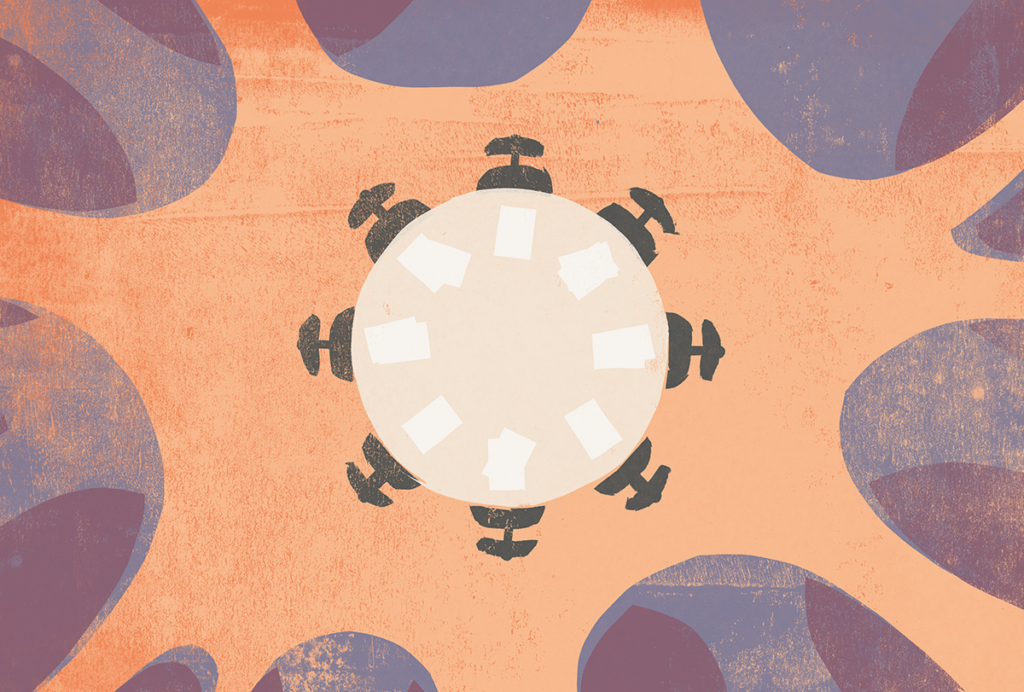
Should neuroscience focus on big team science or the traditional model?
In case you missed it
We are always interdisciplinary, and we are all focused on questions about the brain, but we bring different methods to answer those questions.
Funding
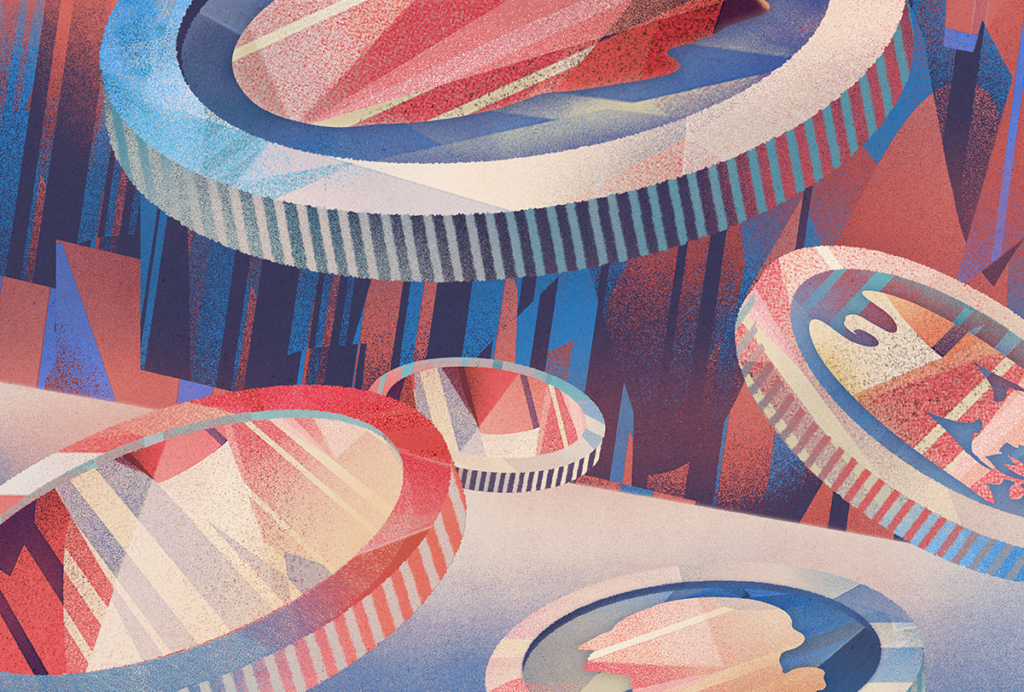
Establishing a baseline: Trends in NIH neuroscience funding from 2008 to 2024
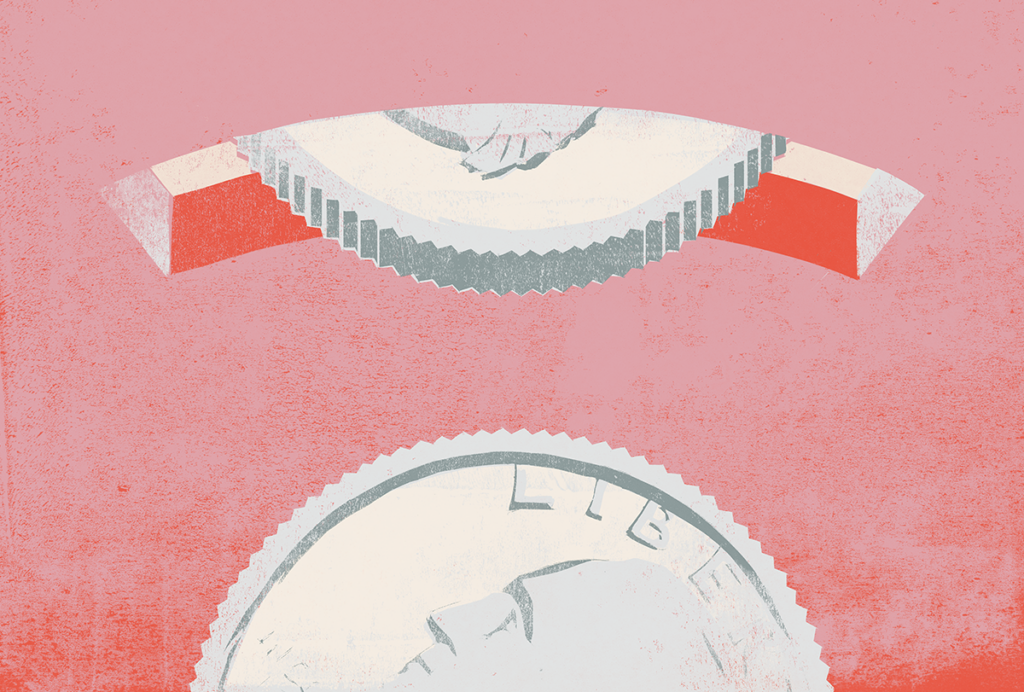
Neuroscience funding: A source directory
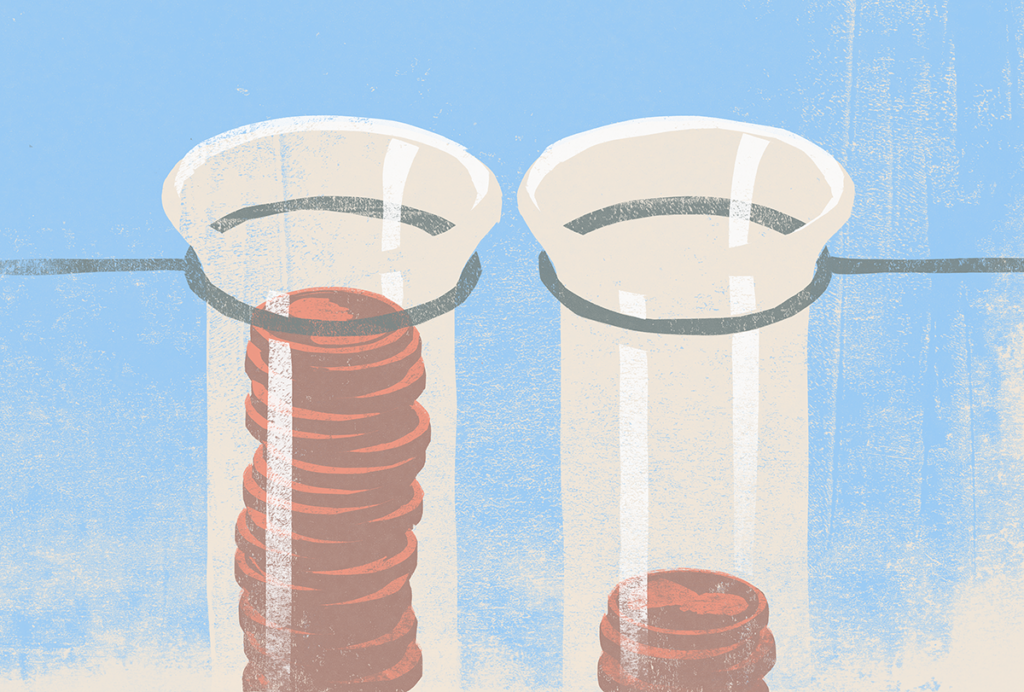
Which sources fund your neuroscience research?
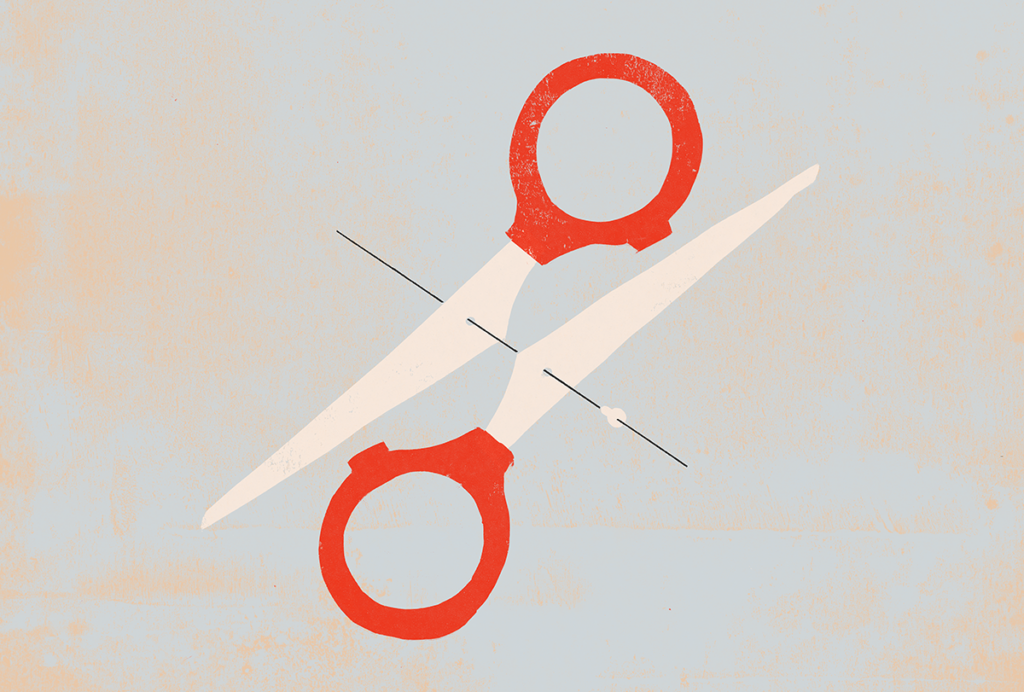
How do you anticipate the field changing in the wake of recent funding cuts?
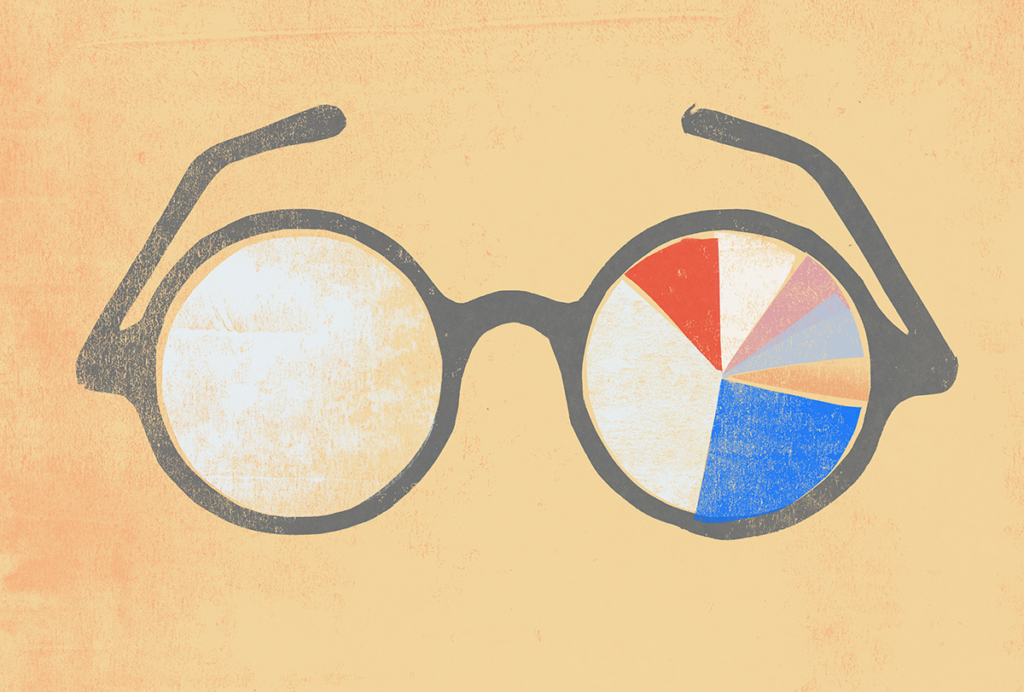
How have funding cuts affected early-career scientists’ futures?
In case you missed it
My biggest worry is our next generation of rising scientists, how they are going to be really impacted by this current funding climate. If there is no funding, there are no jobs, what’s their future? Are we losing all those talented scientists to other countries?